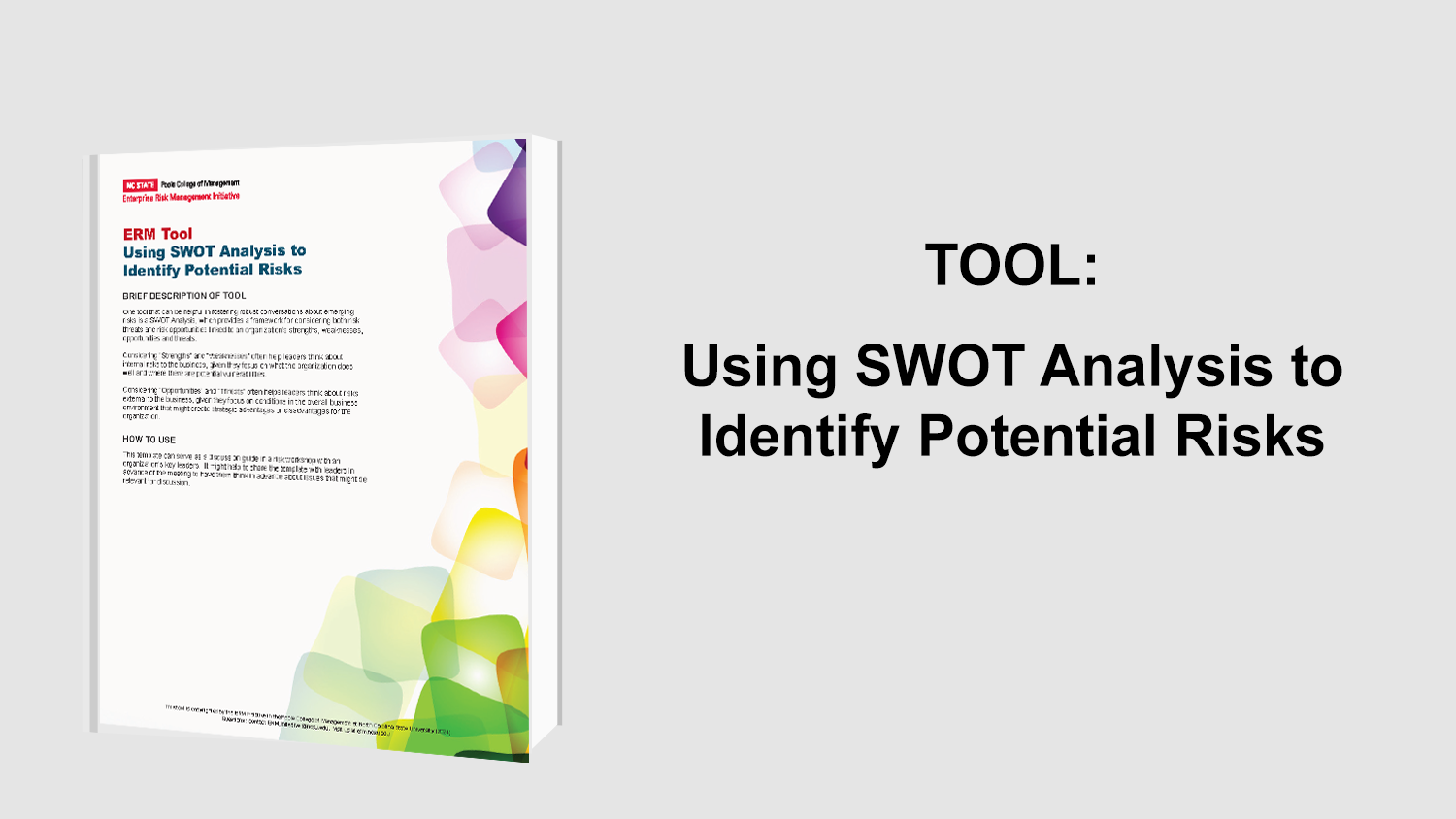Analytics and Finance in Hong Kong
Buzzwords or Real Concepts?
In many corporate conversations “Big Data” and “Analytics” are turning into buzzwords at great risk of losing their meaning. In certain board rooms, however, the promise and meaning of big data has not been lost. This is true especially for a company’s finance department that can see massive benefits from leveraging big data. The current state of big data for companies includes the ability to gather large amounts of data faster than the ability to turn the data into useful information. A difficult piece of the puzzle for big data is the fact that data comes from many different sources, making it nearly impossible to create a one size fits all solution. If a company can leverage its human capital’s ingenuity and creativity this problem becomes solvable in many cases.
Data Overload
Over the past couple of years CFO’s jobs have become ever more complex and demanding. People require the CFO to review more information than ever before while delivering the verified information in shorter and shorter time frames. Adding to these challenges, most information comes from silos and different sources. Also, data can be highly subjective and can be manipulated to present many different stories that may stray from reality. Current trends suggest that CFO’s now more than ever are expected to be the gatekeeper of all data within the company. To effectively carry out this mandate it is necessary to break down the silos wherever possible to allow for cleaner and more rapid exchange of information within the organization. Finally, CFO’s are expected to tell the story behind the data and explain why results occurred the way they did.
Blending Big Data with Experience
People often times forget that Big Data is a tool, nothing more and nothing less. There is no replacement for experience and good judgement by the people working for your company. Many individuals who are less experienced in the business make the mistake of feeling secure with the large amounts of data at their disposal. Often, they try and let the data make decisions for them and view problems in a “yes” or “no” format when in reality most decisions are not that simple. The goal at all stages of data analytics should be one of finding ways to create the most value for the organization. Meeting this goal requires leadership teams to decipher and find the story in the data or root meaning. Once a coherent story and meaning is found inside the data the ability for leadership teams to articulate this story to management is just as important as the data itself. Gone are the days where simple reporting of isolated facts solved problems or meet business manager expectations.
Tools for the Road Ahead
A new trend in analytics is focus on the future and predicting certain trends. The issue with this idea is that finance professionals no longer have days to create reports, by the time the report is done the information is no longer relevant. IBM is currently working with one company to reduce the length of their reporting timeline from 10 days to 2 days for customer insight data.
To effectively leverage data, companies need to implement proactive approaches through hiring the right people and investing in the right tools. If CFOs have not clearly articulated business data requirements they must engage with key stakeholders to determine the data that is necessary for them to collect and process. As data becomes more and more important in transforming the business world CFOs need to properly leverage tools at their disposal to become empowered and not drowned by data.
Original Article Source: “A reality check of deployment at Hong Kong companies,” CFO Innovation, Feb 4, 2016.


